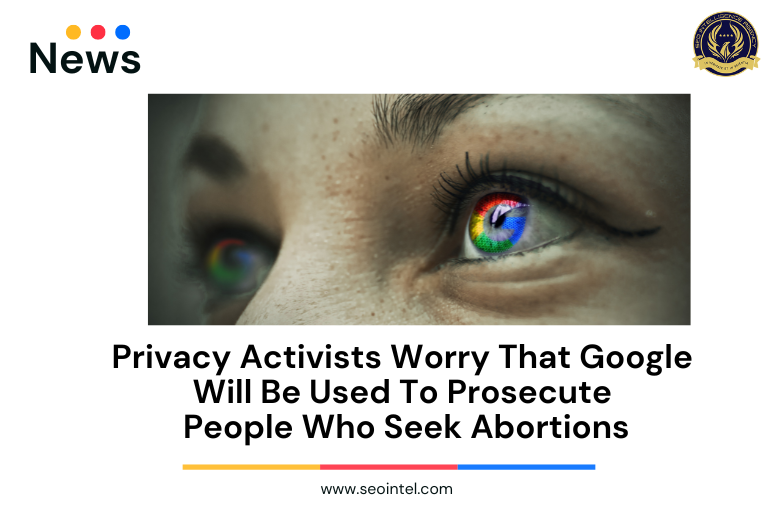
It makes sense considering that the Silicon Valley giant’s most valuable resource—data on billions of people—has assisted in the growth of the company into a roughly $1.6 trillion business.
Following the Supreme Court’s decision to overturn Roe v. Wade, privacy groups fear that Google would hand over user information to law enforcement so they can target people seeking abortions.
Frequently, for detectives, learning a person’s location at the time of a crime or what they were searching for on Google before the crime might be crucial but Google records a user’s phone’s location every two minutes when they use a Google service with location history turned on. According to the company’s testimony in court, it can locate a person’s gadget with a nine-foot accuracy.
Reports said there were more than 50,000 subpoenas, search warrants, and other legal requests for data were sent to Google in the first half of last year and these requests occasionally drew from the massive, centralized “Sensorvault” database of users’ location histories, which was first revealed by the New York Times in 2019.